Sri Lanka’s newly established National Women’s Commission (NWC), announced by Prime Minister Harini Amarasuriya as a key step towards advancing women’s rights, has come under heavy criticism from activists and civil society groups for its apparent lack of operational progress.
Formed under the Women’s Empowerment Act, No. 37 of 2024, the NWC is mandated to safeguard women’s rights, investigate violations, and recommend remedies.
The Commission is intended to play a vital role in promoting gender equality and increasing women’s participation in leadership.
Despite the Prime Minister’s recent statement to Parliament confirming the formal establishment of the Commission and appointment of members two to three weeks ago, concerns are mounting over its functionality.
Dr. Ramani Jayasundere, the NWC Chairperson, along with full-time members Shreen Saroor and Janaha Selvaras, and other appointed experts, have yet to receive official directives or a dedicated office space.
There is also no appointed executive director or allocated budget to facilitate its work.
“The Commission has been established, but we have not been given any instructions nor provided with office facilities. We received appointment letters a month ago, but the Commission has not yet convened,” Dr. Jayasundere told Ceylon Today.
Women’s rights activists who had long advocated for the NWC’s creation described the situation as a “mere paper exercise.”
“Although women’s empowerment features prominently in the Government’s policy framework, the lack of practical steps beyond appointment letters raises questions about the true commitment to gender equality,” one activist said.
The Commission’s members, drawn from diverse fields including law, trade unions, health, education, and economic development, hold powers to independently investigate violations against women by both State and non-State actors, summon witnesses, and recommend mediation or remedies.
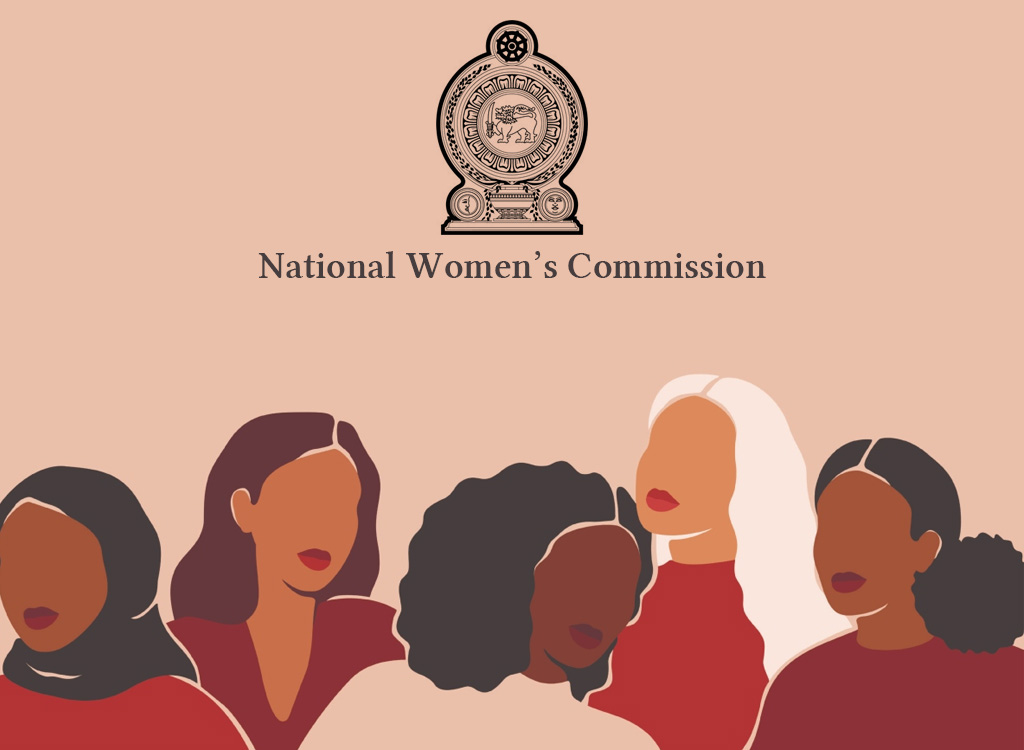

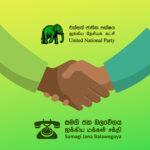

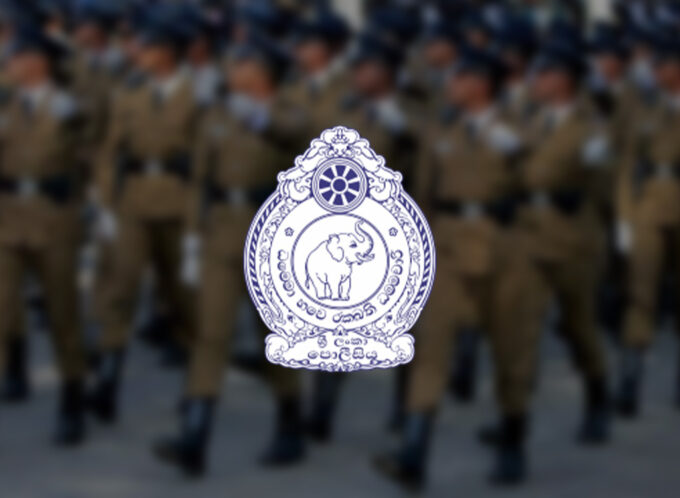
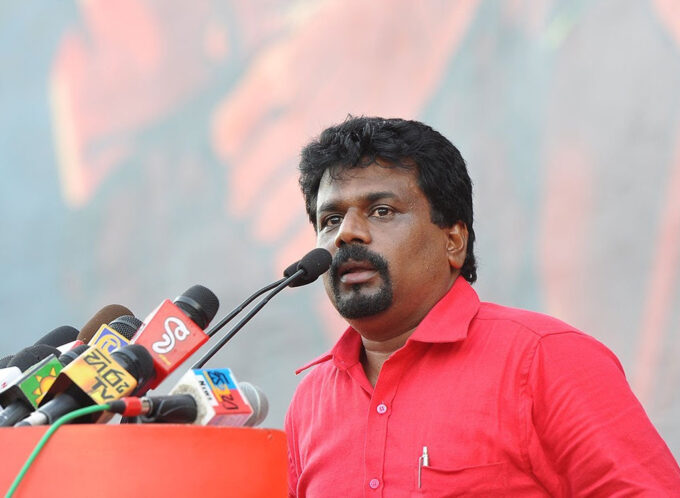
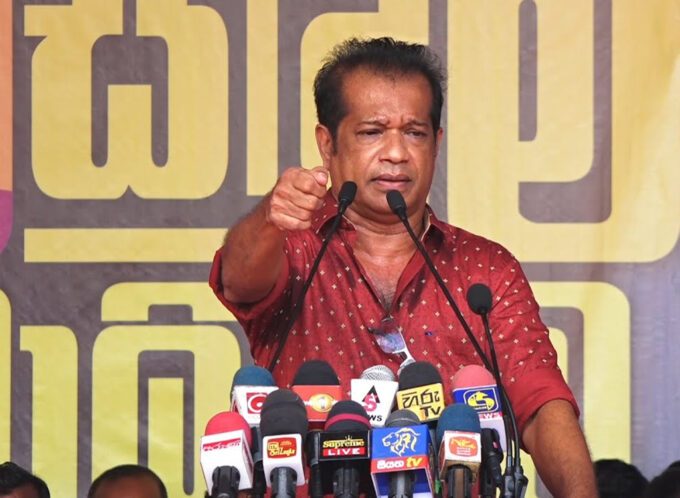

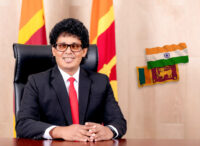


Leave a comment